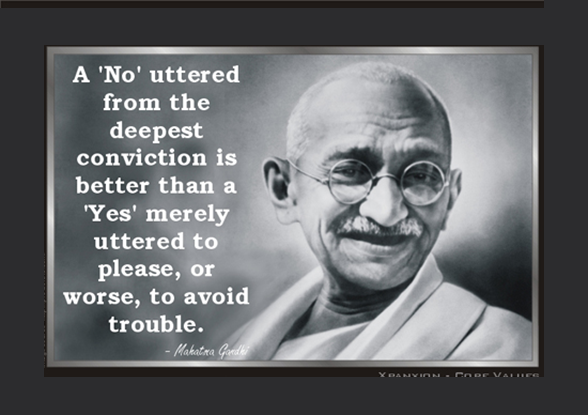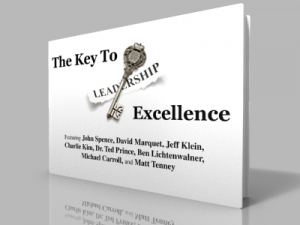3 Great Questions for Being a Superb Conversationalist
Five Tools for Mastering Fear
But fear is more than just physically unpleasant. Fear can also keep us from pursuing the things in life that really matter — like following our dreams, and developing and taking care of important relationships.
I have good news though. We can be free from the grip that fear often has on us.
I used to be very afraid of getting up in front of people and speaking. I would get sweaty palms and my stomach would be so tied up that I wouldn’t be able to eat. I would experience so much tension in my neck and shoulders that I would almost always have a headache by the time I had to speak or shortly thereafter.
This article originally appeared on the Huffington Post. To continue reading, please click on this link – http://www.huffingtonpost.com/matt-tenney/success-and-motivation-_b_5479147.htmlhttp://www.huffingtonpost.com/matt-tenney/success-and-motivation-_b_5479147.html
How to Be More Authentic – A Simple Step
I recently had an interesting conversation with a friend of mine about my upcoming wedding.
My friend offered a simple, yet powerful tool for being more authentic in our conversations.
I share this story in the video below. Enjoy!
Image credit – www.hartmanhealing.com
Change Your Life by Changing What You Measure
While on my way to Niagara Falls, Ontario, I was reviewing my notes for a keynote speech and was reminded of some fascinating research on near death experiences.
As I describe in the video below, the inspiring findings of the research should cause us to re-think our priorities and what we measure in our lives.
Enjoy!
You Don’t Need a Title to Be a Leader Who Makes a Difference
Magic Balloons and Building Influence as a Leader

This Breath Is A Miracle

Developing an Abundance Mentality
Why Mind Wandering Leads to Unhappiness and Poor Performance














